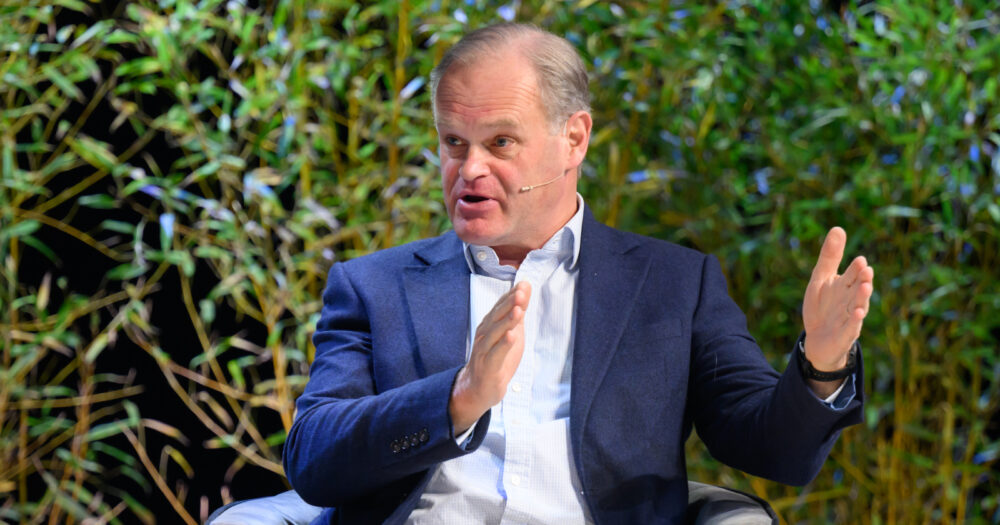FE leaders have been urged not to put Skills England “under siege” to ensure the new government body avoids the “bunker mentality” of its predecessor.
Rob Nitsch, the former second-in-command at the Institute for Apprenticeships and Technical Education (IfATE), opened up about the “adversarial launch” of the organisation, which opened in 2017 only to close his year.
He told FE Week’s Apprenticeships and Training Conference: “Having been in IfATE since the beginning, it was quite a bunker mentality as everybody was attacking it.
“It’s not the best way to get the best from people and it actually led to quite an adversarial launch.
“We need to get behind Skills England and help it be brilliant. It’s really, really important that we don’t go away from this conference – or any other gathering – looking to see what we can do to embarrass the people who are in it or embarrass the government. It is the only show in town. We need to make it work.”
The government has come under fire for setting up Skills England as an executive agency within the DfE, rather than as an independent body like IfATE.
Critics are also concerned the chief executive role of Skills England is too junior to have an impact. The position is at the senior civil service director grade, reporting to Julia Kinniburgh, the director general for skills.
Nitsch, now CEO of the Federation of Awarding Bodies, spoke to FE Week after his on-stage comments and explained the pressure that IfATE felt from employers who were nervous about the introduction of the apprenticeship levy, from providers who were “losing control and having to change”, and from awarding bodies in terms of assessment.
He said IfATE “didn’t appeal to stakeholders” and what that “fundamentally did was it impacted the perspective of the institute, which, instead of being outward facing, it felt under siege”.
“There was a lot of energy absorbed in trying to manage the press. Instead of IfATE being able to put as much energy as it could do into betterment, we put a lot of lot of energy into defence.
“There was a lot of trying to counter things, work out what to do, trying to manage the agenda and that became extremely absorbing and difficult.
“It led IfATE to almost withdraw from public discussion and public debate. This further fuelled the cycle of disquiet, because people were saying, ‘well, they’re not speaking to anybody, why won’t they talk to us?’”
Nitsch believes that a more collaborative approach would have led to a better outcome “had there not been this atmosphere”.
“We as a sector need to learn from that. We do not want Skills England to feel threatened by the sector.”
















Your thoughts